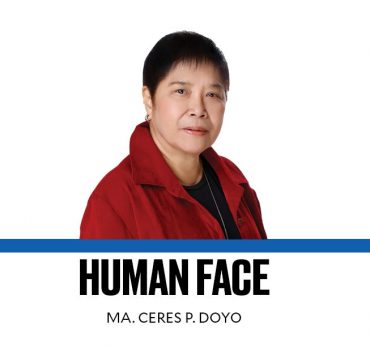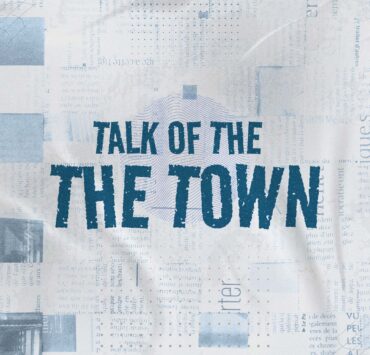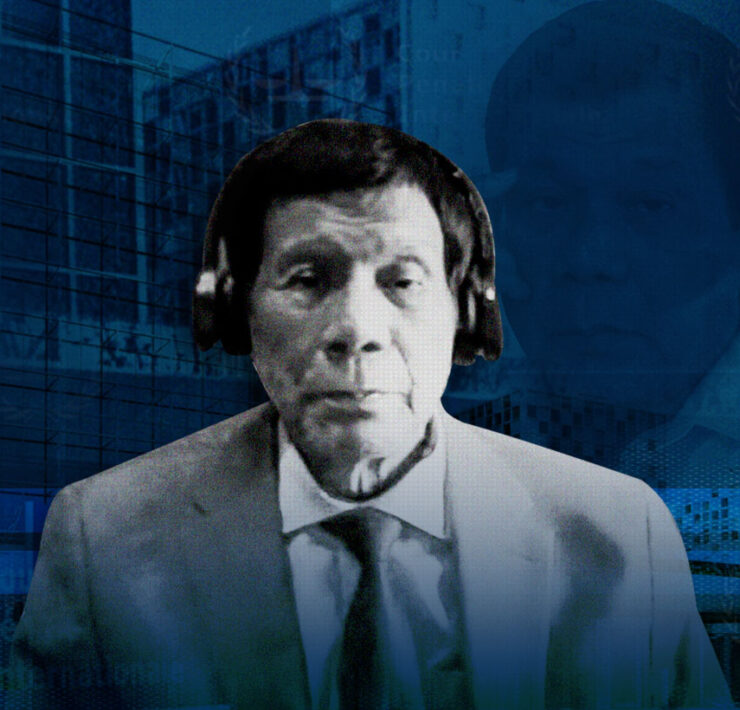Opportune time for electoral reforms

When the framers of the 1987 Constitution included party list representation in Article VI of the Charter, they created a mechanism to give the marginalized a voice in Congress. Envisioned was a proportional representation for the poor and disadvantaged to incorporate social justice in the nation’s fundamental law.
The provision mandates that 20 percent of the total number of House seats be filled with elected representatives from “the labor, peasant, urban poor, indigenous cultural communities, women, youth, and such other sectors as may be provided by law, except the religious sector.” Party list groups are entitled to one nominee for every 2 percent of national votes received, with a maximum of three representatives per party list.
Yet, as noted by election watchdog Kontra Daya on May 19 based on its February 2025 data, majority of the 63 incoming party list representatives and 54 party list groups in the 20th Congress do not represent the marginalized, and belong to either political dynasties, big businesses, or have military or police connections.
In fact, the Commission on Elections (Comelec) itself saw how wily politicians and their allies have so twisted the well-meaning provision to beguile voters that Comelec chair George Garcia on Friday said party list groups with names associated with “ayuda” or “teleserye” will no longer be allowed to register in the next elections.
Political patronage
For sure, the poll body’s belated response to the almost comical stew of party list names is a welcome initiative, but shouldn’t the Comelec target more substantive reforms as well? For one, why did it take almost six years before it addressed the disqualification suit raised against the Duterte Youth for its lack of proper registration as a sectoral group? Granted that political patronage—as seen in its sycophantic name—enabled it to have a seat in the last two terms of Congress, shouldn’t Comelec explain why it had turned a blind eye all these years to the “anomalies” in the group’s registration?
More tellingly, is Duterte Youth even representative of the youth’s interest? Its only bill, the renaming of the Ninoy Aquino International Airport to Manila International Airport which did not pass, hardly represents more urgent issues affecting the youth. This speaks of how the party list provision has been watered down, with mainstream and resource-rich political interests liberally interpreting a 2013 Supreme Court ruling that opened the party list system to various groups and not just marginalized sectors.
Convenient back door
The high court ruled that national and regional parties or organizations do not need to organize along sectoral lines, nor represent any marginalized and underrepresented sector to qualify as a party list group. In fact, even nominees need not come from the sectoral group they seek to represent as having “mere advocacy” is enough, as recently noted by Garcia who acknowledged that the party list system needs an “overhaul.”
And rightly so. Inadvertently, high court rulings have opened the floodgates of sectoral representation to such groups as electric cooperatives, security guards, savings and loans associations, OFW recruiters and even an LPG retailers’ group, or the son of former president Gloria Arroyo representing security guards and tricycle drivers.
With the party list system hijacked by dubious political interest as a convenient back door to push in more allies, the Comelec must sit down with electoral watchdogs and election lawyers to shore up the party list system’s buckling foundations. An extensive backgrounder on its advocacy and brief description on how it has worked to promote such should be part of every party list application for registration, along with the nominees’ qualifications. Pending election cases must be resolved expeditiously and with utmost transparency to hold accountable unscrupulous parties.
Four pairs of siblings
Civil society can meanwhile team up with the private sector to inform voters of the past record of sitting party list groups and on how well they had pushed for the interest of the sector represented.
Independent and opposition lawmakers can take the lead in reviving and reviewing the slew of archived anti-dynasty bills from previous Congresses, that have languished without so much as a first reading. Well after all, why expect legislators to support bills that could clip their wings and end their political clans’ “birthright” to elective posts?
With four pairs of siblings sitting in the Senate, the Comelec may be tilting at windmills in its push for electoral reforms. And yet this could be an opportune time to push the 20th Congress to support an anti-dynasty bill and reboot the party list system.
As the results of the May elections have indicated—with Akbayan topping the party list elections and two opposition senators landing in the Top 5, there’s a wave of young, enlightened voters triggering ripples of dissent and defiance that could become a gathering storm in the next elections.




















